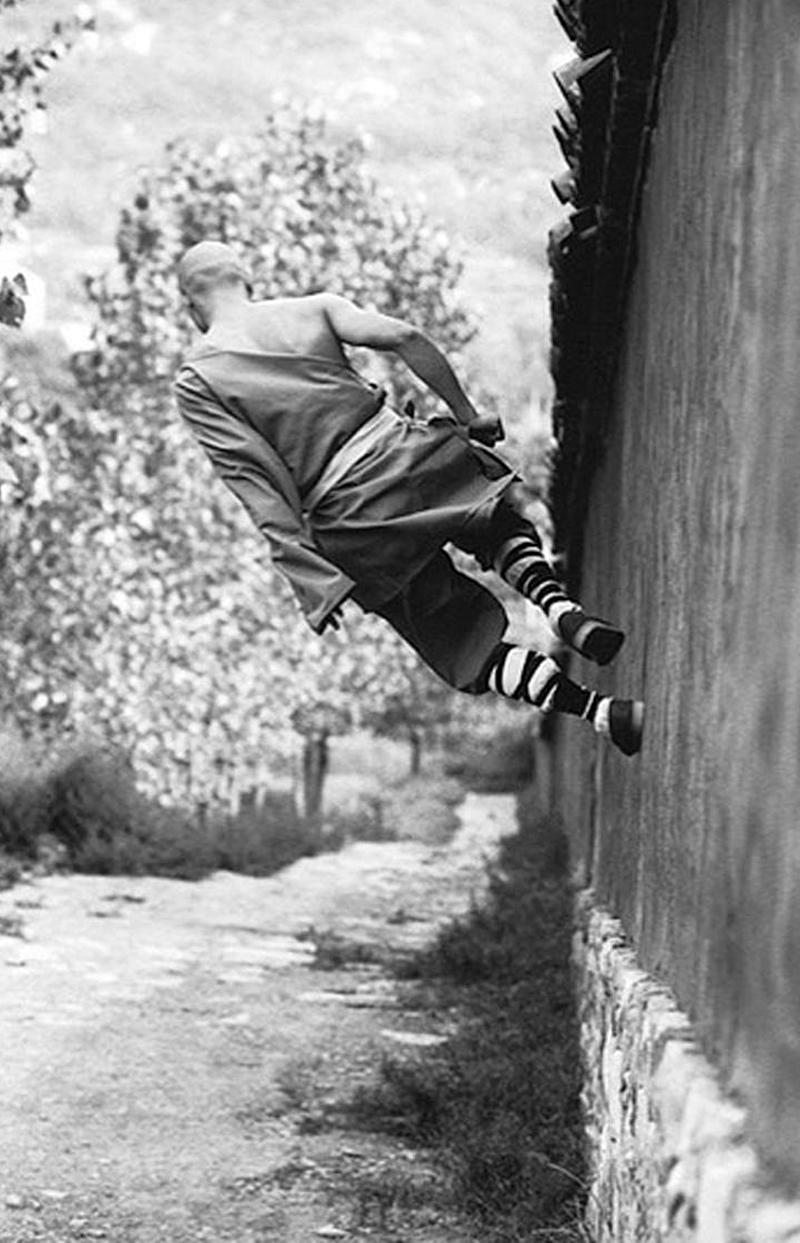When we wrote about navigating loss during th holidays, 80+-year-old skydiver Karrolyn Belkis pointed out something we hadn’t thought of: we feel loss daily. Things we love disappear, whether it be a person, an ability we had, a familiar place, a tree, a friend…something we rely on broke or fell apart or got lost. In answer to that, Editor-at-Large David Saltman recently shared brilliant principle for dealing with those daily losses, learned during his 45+ year practice of Chinese healing arts:

It’s a call to invent within the constraints a loss poses. To do that we’ve discovered that we only need be OPEN to unexpected possibilities around us to have them present themselves in the form of fixes, solutions, replacements, and most importantly, new forms of joy. It is a something we practice daily…
…learning to make peace with change…
POSTSCRIPT. As often happens, more points of connection appeared after we published:
This morning we opened The Gary Snyder Reader at random to read:
My teacher once said to me,
—become one with the knot itself,
till it dissolves away.
—sweep the garden
—any size.
And a reader named Stacey alerted us to this perfect Elizabeth Bishop Poem:
One Art
The art of losing isn’t hard to master;
so many things seem filled with the intent
to be lost that their loss is no disaster.Lose something every day. Accept the fluster
of lost door keys, the hour badly spent.
The art of losing isn’t hard to master.Then practice losing farther, losing faster:
places, and names, and where it was you meant
to travel. None of these will bring disaster.I lost my mother’s watch. And look! my last, or
next-to-last, of three loved houses went.
The art of losing isn’t hard to master.I lost two cities, lovely ones. And, vaster,
some realms I owned, two rivers, a continent.
I miss them, but it wasn’t a disaster.—Even losing you (the joking voice, a gesture
I love) I shan’t have lied. It’s evident
the art of losing’s not too hard to master
though it may look like (Write it!) like disaster.
Top photo: Tomasz Gudzowaty






I also helps to know this poem, by Elizabeth Bishop (if you don’t recognize the form, it’s a Villanelle.))
One Art
Elizabeth Bishop, 1911 – 1979
The art of losing isn’t hard to master;
so many things seem filled with the intent
to be lost that their loss is no disaster.
Lose something every day. Accept the fluster
of lost door keys, the hour badly spent.
The art of losing isn’t hard to master.
Then practice losing farther, losing faster:
places, and names, and where it was you meant
to travel. None of these will bring disaster.
I lost my mother’s watch. And look! my last, or
next-to-last, of three loved houses went.
The art of losing isn’t hard to master.
I lost two cities, lovely ones. And, vaster,
some realms I owned, two rivers, a continent.
I miss them, but it wasn’t a disaster.
—Even losing you (the joking voice, a gesture
I love) I shan’t have lied. It’s evident
the art of losing’s not too hard to master
though it may look like (Write it!) like disaster.
Perfection Stacey. I’ve added it to the article, with thanks.